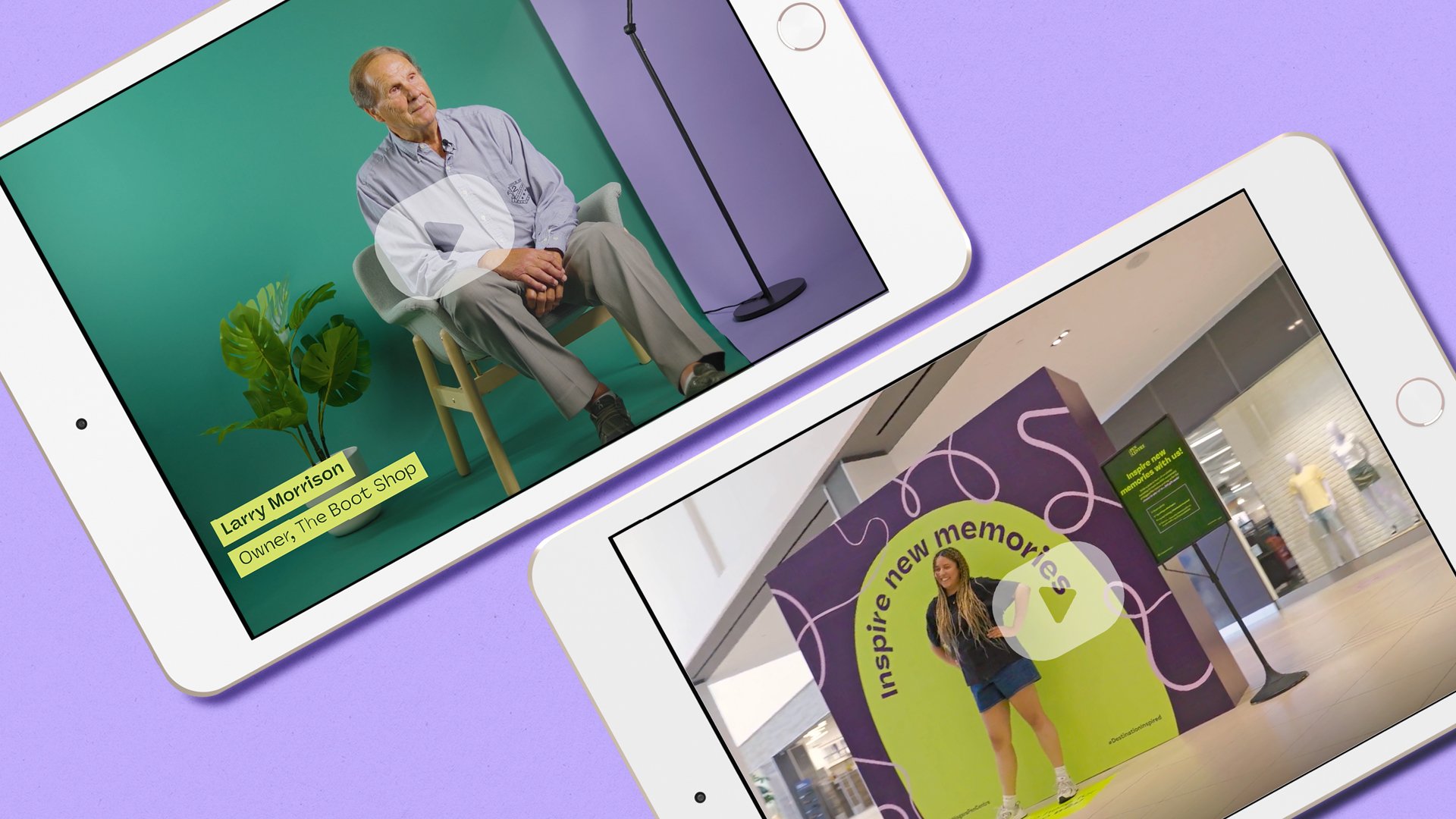When the COVID-19 pandemic first hit Canada in March, many of us understandably felt anxious. Businesses closed, schools closed, outdoor spaces closed and playgrounds closed. Life as we knew it hit pause – and we were all asked to stay at home to slow the spread of the virus.
But frontline workers, of course, weren’t able to stay home. Nurses and doctors, police and paramedics, grocery store workers, bus drivers, and more were all asked to keep going to work while so many of us were asked to stay away. With the need to make the cause emotionally resonate and affect the public’s behaviour, we soon realized that this was a job for marketing. And we had an idea for a way to honour frontliners while helping families navigate the pandemic with their little ones.

Finding the Concept
One of the things we quickly noticed was there was a renewed risk and pressure on frontline workers; on parents to become educators; and on kids to play a role in ensuring people’s safety. Kids had to stay home, stay away from school and their friends, and try not to disrupt their parents who are working from home.
“Having empathy for frontline workers was one of the things that connected with adults the most. We knew kids have the same capacity for empathy, they just needed to be delivered the information in a meaningful way, ” says Brenlee Coates, our Creative and Marketing Manager. “We wanted to find a way to communicate this reason to stay home clearly to kids and give parents a chance to share that conversation.”
We decided to create Frontline Friends, a collection of stories and colouring book illustrations of real people who are working the frontlines, as a way to make it a little easier for parents to explain to their kids why it’s important to stay home.


















The Frontline Friends stories create empathy for frontline workers, explain their jobs to kids, and thank kids for making their jobs a little easier by staying home. The initial stories and illustrations were inspired by real friends of UpHouse, and we also collected submissions.
“Having submissions was a nice way to round out the roles and people we reached and featured. It was nice to be able to acknowledge as many different roles as we did—it helps kids expand their view of who a hero is and who a frontline worker is,” says Brenlee. “Even as adults, this time has showed us who we rely on the most – and I don’t think we gave everyone the proper credit.
“As an agency that could quite easily adapt to working from home, we feel lucky to know so many folks who work the frontlines and to be able to honour them in this way.”
What Happened Next and Where Do We Go from Here?
,Frontline Friends launched on our website in mid-April and has just come to a close. The project combines art, literacy and lessons about empathy for kids with a bit of time on their hands. The final Frontline Friends book features 17 Frontline Friends. While we don’t have a publisher yet (wink), the series was also profiled in the ,Winnipeg Free Press.
We were happy to include 17 frontline workers, featuring a variety of frontline jobs we strived to educate kids about. Even as the message in Manitoba is evolving to “stay safe” rather than “stay home,” and with many businesses reopening, our frontline friends will continue to be among those most at-risk should we see a resurgence of the virus. And most in need.
The series can continue to be a valuable educational resource for kids to expand their awareness of jobs and the ones that our society depends on the most. The types of jobs that put people and families in the frontlines every day – regardless of what’s happening in the world around them.




